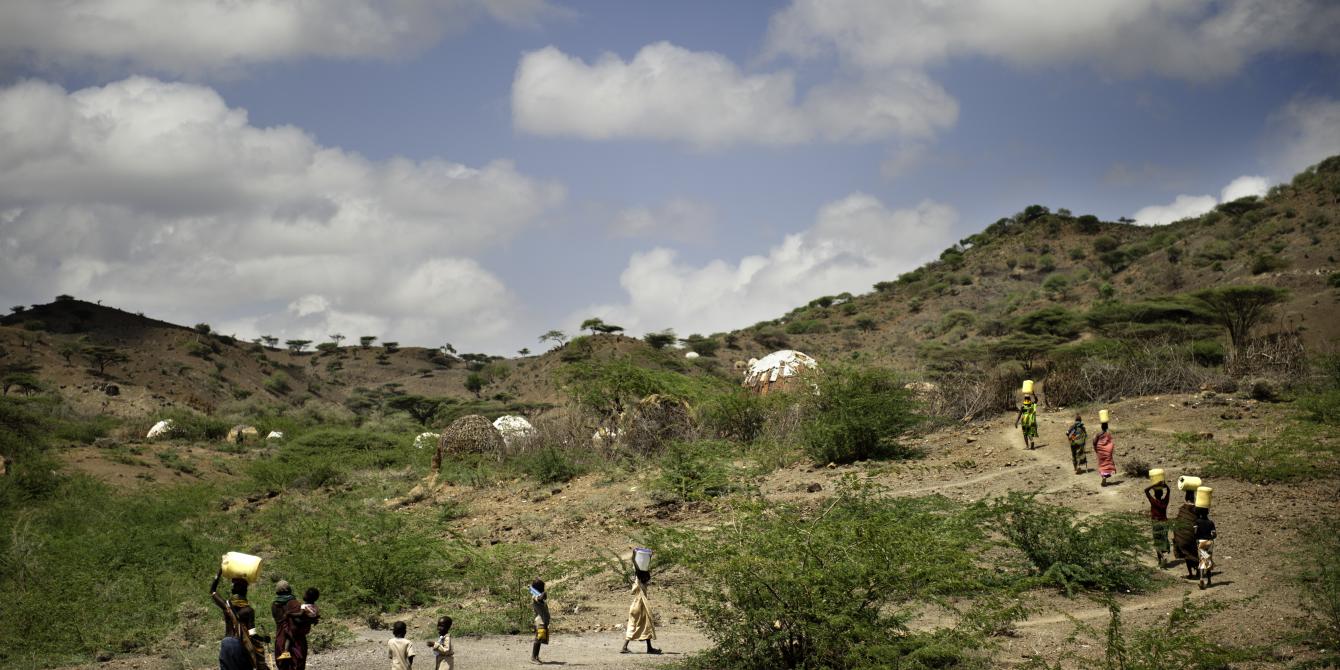Extractive Industries

A growing sector
The oil, gas and mining industries in the region are positioned to grow and potentially trigger broad-based development and industrialization. Uganda and Kenya are set to reach first oil between 2021-2023 while Tanzania is already developing its gas resources. DR Congo and Tanzania have had a much longer history in mining.
However, the extractive industries often represent a double-edged sword. These resources when optimally exploited can result in huge tax and revenue benefits, multiplier economic effects and can have the transformative potential to address deep-seated poverty and inequality. On the flip side, if these revenue processes are not properly regulated, wealth share becomes unfair and governments and communities risk losing much-needed resources for economic and social development.
Additionally, the exclusion of communities from key processes robs them of the opportunity to actively participate in deciding how these resources will be used and could further fuel interminable conflict. Communities also risk losing natural resources including land, being involuntarily displaced during mining activities.
Our focus
Oxfam’s work on extractives in the region is currently in Uganda, Kenya, and Tanzania and is aimed at ensuring that governments, local citizens and host communities optimally benefit from mining activities. The work is currently focused on promoting the application of Free Prior Informed Consent (FPIC) and ensuring that cross-border petroleum and mining infrastructure such as the East Africa Crude Oil Pipeline, is developed in compliance with national and international laws and corporate best practice.
Our work also seeks to influence fair revenue sharing, contract transparency, women’s participation in extractive sector governance as well as analyze publicly available data to determine if governments are getting a fair deal.
Minerals can be the region's economic saving grace but also hasten its nosedive, if not well managed.

 Follow us on Facebook
Follow us on Facebook Follow us on Twitter
Follow us on Twitter